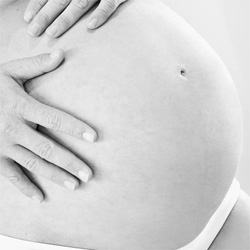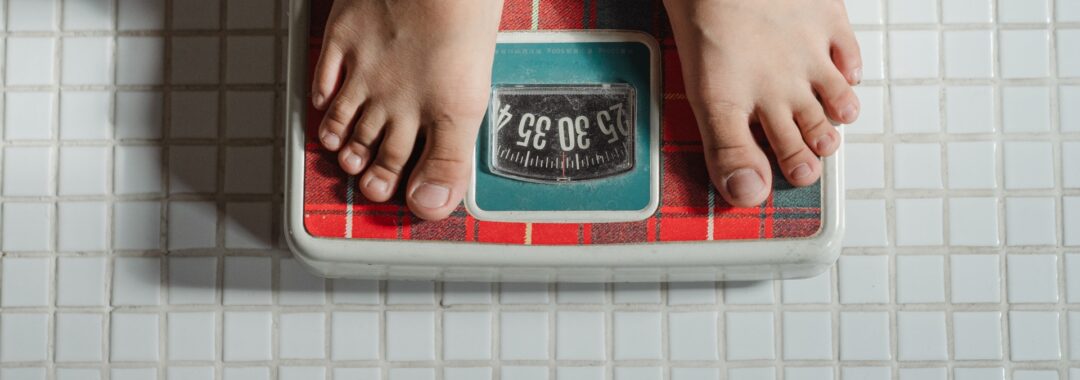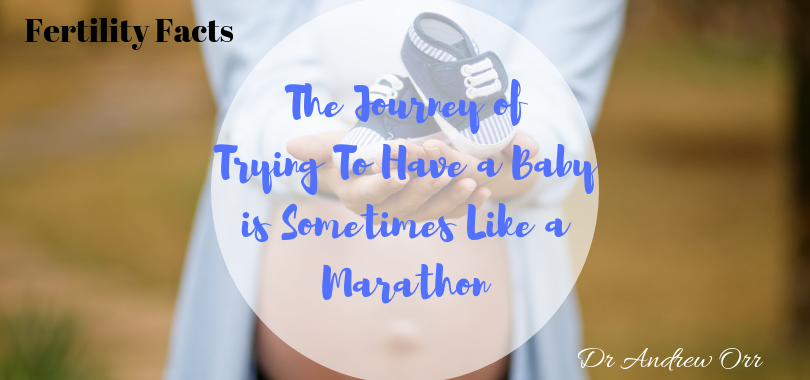Sometimes the body is like a well sprung spring, and over time the spring gets stretched, but , bounces back to its original shape, but overtime, one day, it will get to a point where it is slower to recoil to its original state, or, will no longer spring back to its original shape and have no more spring to recoil to its original state. No matter what you do to it, it just will not recoil and will in essence become to a state of non-repair.
As everyone knows, I always use a very integrative medicine/ multi-modality approach to treating people and getting the best for people’s health. I always believe that preventative medicine is the best approach to any health problems, but sometimes medical intervention, in the form of surgery, is needed for some acute complaints.
It is always hard when someone comes into the clinic and they are doubled over in acute pain from endometriosis, or an acute skeletal issue, and while I can help them, I know that the best thing for their long term health would be intervention in the form of surgery. That is not saying I cannot help and assist people with acute pain, but sometimes the best thing to do is get the person in for surgery to help with the acute pain, and then follow up with preventative and rehabilitation care.
Often it can take several months to help regulate hormonal issues and pain from conditions such as endometriosis, or pelvic inflammatory disease, with more conservative forms of treatments such as pharmaceutical medicines and hormones, complementary medicines, acupuncture, supplements etc. While the outcome after treatment is always great, is it really beneficial for people to endure constant pain for months, when surgery could produce a faster result, for the pain?
In saying that some of these conditions have a high rate of return, so that is where an integrative medicine/multi-modality approach can help post surgery.
I was talking to a medical specialist colleague recently, who promotes a holistic approach for all his patients, and he explains it to his patients like this;
“Sometimes the body is like a well sprung spring, and over time the spring gets stretched, but , bounces back to its original shape, but overtime, one day, it will get to a point where it is slower to recoil to its original state, or, will no longer spring back to its original shape and have no more spring to recoil to its original state. No matter what you do to it, it just will not recoil and will in essence become to a state of non-repair.”
I see people in my clinic just like this spring. Some are well oiled, and well sprung, and bounce back into shape very quickly. Some are showing the signs of starting to lose their spring, and then others have just pushed their body to the point or no spring, or worse still to the point of non-repair.
Obviously I like seeing people do the right things and use preventative health so that they stay well oiled and well sprung. I do like to see people coming into the clinic when they get the first signs of ill health and the spring is starting to recoil slowly.
The sooner you get onto any health complaint the easier it is to treat. Early intervention is the key to any disease state, or health issue. But, we all know people who push through pain and say “She’ll be right mate” and get to that point where they just can’t recoil anymore. Then we get the ones that have gone beyond that and unfortunately no matter what they do you will never be able to get them back to what they used to be like. So, please don’t ever let your body get to this point if you can.
The reason for this blog was to not only inform people to be proactive with their health but to also make sure people are covered if they do need surgery. It is always such a shame and I always feel sorry for people who need urgent medical attention, but they don’t have private health cover. I know that not everyone can afford it, and I am not pushing it either. But, it is worth considering for anyone who have a long term health issue, or especially for women trying to conceive.
Every woman is going to need to see a gynaecologist at some stage in their life and you don’t want to be relying on a failing public health system that could have you waiting months, or even years, for an appointment, or much needed surgical intervention. Those experiencing fertility issues will need some investigation at some stage so it’s almost necessary to be prepared and well covered.
I’ve seen so many people over the years that come into my clinic, for so many different ranges of acute conditions, that actually do require some sort of urgent surgical intervention, but only to find out they can’t get the necessary treatment they need because they aren’t covered.
The public health system is in such a mess at the moment and wait times are becoming increasingly long. If you have an acute condition, you don’t want to be waiting months, or years for treatment. The other issue is that you don’t get to see a surgeon of your choice and can then end up with the lucky dip of whomever is there on the day. The other issue is that this person may not specialise in the disease state, or issue you are there to have treated. This is what happens to many and this can then have long term health consequences if you aren’t given the right care that you need, or they actually miss crucial issues as well. It is a big issue.
Then when you finally get to having the surgical intervention, it may require multiple surgeries, and the first surgery may be just for investigation only. I’ll give you an example.
I had a friend, with acute period pain that got nausea, vomiting and even fainted, (from severe endometriosis) go on a 12 month wait list for surgery in the public system. Finally she got in for surgery only to wake up and find that the operation was one of many to come and the first one was only for investigation purposes only. She would need ‘three’ more surgeries spaced at months apart. So nothing was done with the first surgery, she was still in pain and now had to prepare for further surgeries.
Yet, a similar friend who had a private cover, got to chose the gynaecologist of her choice, got someone who specialised in her disease state, was an advanced trained excision surgeon, had no wait time, had not out of pocket expenses, had everything tidied up and the endometriosis removed on the first surgery. This same lady also saw me for assistance. There is a huge difference in the time, the surgeon who did this the surgery, the treatment and the amount of surgery needed.
As I said, it is a hard topic to talk about and is by no means a push for private health cover. I am only talking about this to educate people that sometimes it may be a necessary part of your overall health. It just distresses me seeing people who need desperate immediate help, not being able to get it. I know that not everyone can afford it and believe me you have to shop around when you do start looking at it. The big companies are usually the worst to deal with and the smaller companies are usually the best to deal with, and give you better rebates.
In saying that, private health is a sometimes necessary part of overall health care, especially for those with ongoing health concerns and especially those that may require some form of medical intervention. There are some great smaller funds out there that don’t cost that much and give you full hospital cover with an outlay of a couple of dollars per day. You can also look into having extra’s cover as well, which will cover part of the treatments with us also.
Again some of the smaller funds provide better rebates and the best thing would be to give us a call and we can tell you who those funds are. I hate talking about these sorts of things but at the end of the day I care when people aren’t getting the right help and am here to help people with every area of their overall health. It is a very important issue that we all need to consider and that we all need to discuss too.
If you do need help with pain, or a women’s health condition, help having a baby, or just need someone who cares and can help you get the right advice and health management, please give my clinic staff a call and find out how I may be able to assist you.
Take care
Regards
Andrew Orr
-No Stone Left Unturned
-Women’s and Men’s Health Advocate
-The Women’s Health Experts
-The International Fertility Experts
-The Endometriosis Experts









